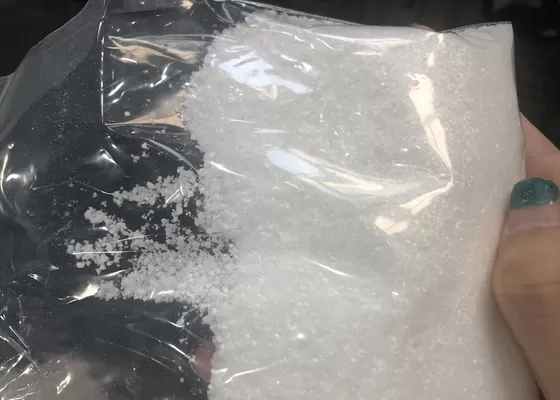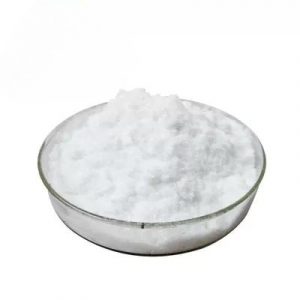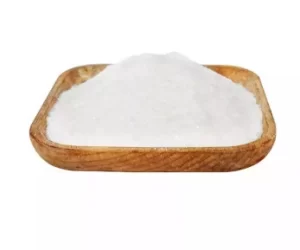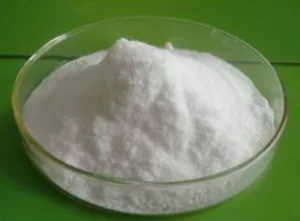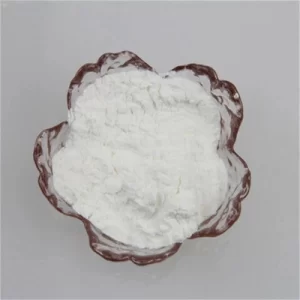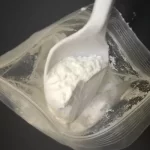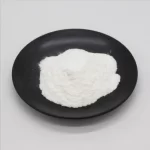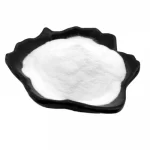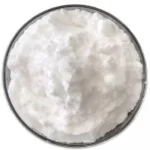Description
CAS 9002 96 4 Vitamin E Succinate / Vitamin E TPGS Waxy Solid
Description
| Name: | Vitamin E Succinate(TPGS) | CAS No.: | 9002-96-4 |
|---|---|---|---|
| Molecular Formula: | (C2H4O)nC33H54O5 | Molecular Weight: | N/A |
| Melting Point: | 34-38°C | Storage: | Room Temper |
| Appearance: | Waxy Solid, Not Powder | Purity: | 98% Min |
| Other Names: | Tocofersolan | ||
| High Light: |
CAS 9002 96 4 Vitamin E Succinate, CAS 9002 96 4 Vitamin E TPGS, Vitamin E TPGS Waxy Solid |
||
vitamin e succinate TPGS Tocofersolan D-alpha Tocopheryl Polyethylene Glycol Succinate waxy
Name: TPGS
Other names: vitamin E succinate, D-alpha Tocopheryl Polyethylene Glycol Succinate, Tocofersolan.
What is TPGS?
D -α-tocopheryl polyethylene glycol 1000 succinate is a water-soluble derivative of natural-source vitamin E. Off-white or yellowish waxy solid, almost tasteless, soluble in water and most of the polar organic solvents such as ethanol. It is amphipathic, miscible with water, and forms a variety of liquid crystalline phases in water. The excipient melts at 37–41℃ and is heat stable at temperatures ≤200℃.
Function
1) As a solubilizer:
TPGS increases the permeability of amprenavir by inhibiting efflux. Amprenavir is a new HIV protease inhibitor. At present, Amprenavir products which use TPGS as an excipient are currently available in the United States, such as Agenerase ™ oral liquid and capsules. It has also been reported that micellar solubilization of TPGS increases estradiol solubility and transdermal permeation. After combined with cyclosporine A, TPGS increased the solubility of cyclosporine A, thereby enhancing the cyclosporine A bioavailability.
2) Apply to solid dispersion technology:
Water-soluble excipient such as lactose, mannitol, hydroxypropyl methyl cellulose and the like are added into the TPGS drug mixture to accelerate drug release. Adding hydrophobic materials, such as wax, can slow down dissolution. In addition, an expansiveness excipient can be added at the bottom of the capsule, and then expanded after exposure to water thus pushing the liquid crystal matrix into the intestinal tract.
3) As a plasticizer:
TPGS as a plasticizer reduce the interaction among the polymer molecules, so that the polymer chains are more likely to move. It provides polymer molecules with greater freedom mobile space, allowing more stretching and elastic membrane.
4) As an emulgator:
TPGS is amphiphilic. Experiments show that both in water and oil phase, TPGS has such highentrapment efficiency.
5) As a sorbefacient:
TPGS can improve gastrointestinal absorption of animals and people.
6) Others:
TPGS is waxy solid at room temperature. As an ophthalmic preparation, the viscosity is high which can extend the residence time on the surface of the cornea, reduce the stimulus andsignificantly increase the solubility of indissolvable drug in the eye. As a surfactant, it can make sprays from Glucocorticoid Beclometasone Dipropionate and treat respiratory illness through nasal drug delivery.
Tell the doctor if you have any side effect that bothers you or that does not go away.
These are not all the possible side effects of this product. For more information, ask your doctor or pharmacist.

